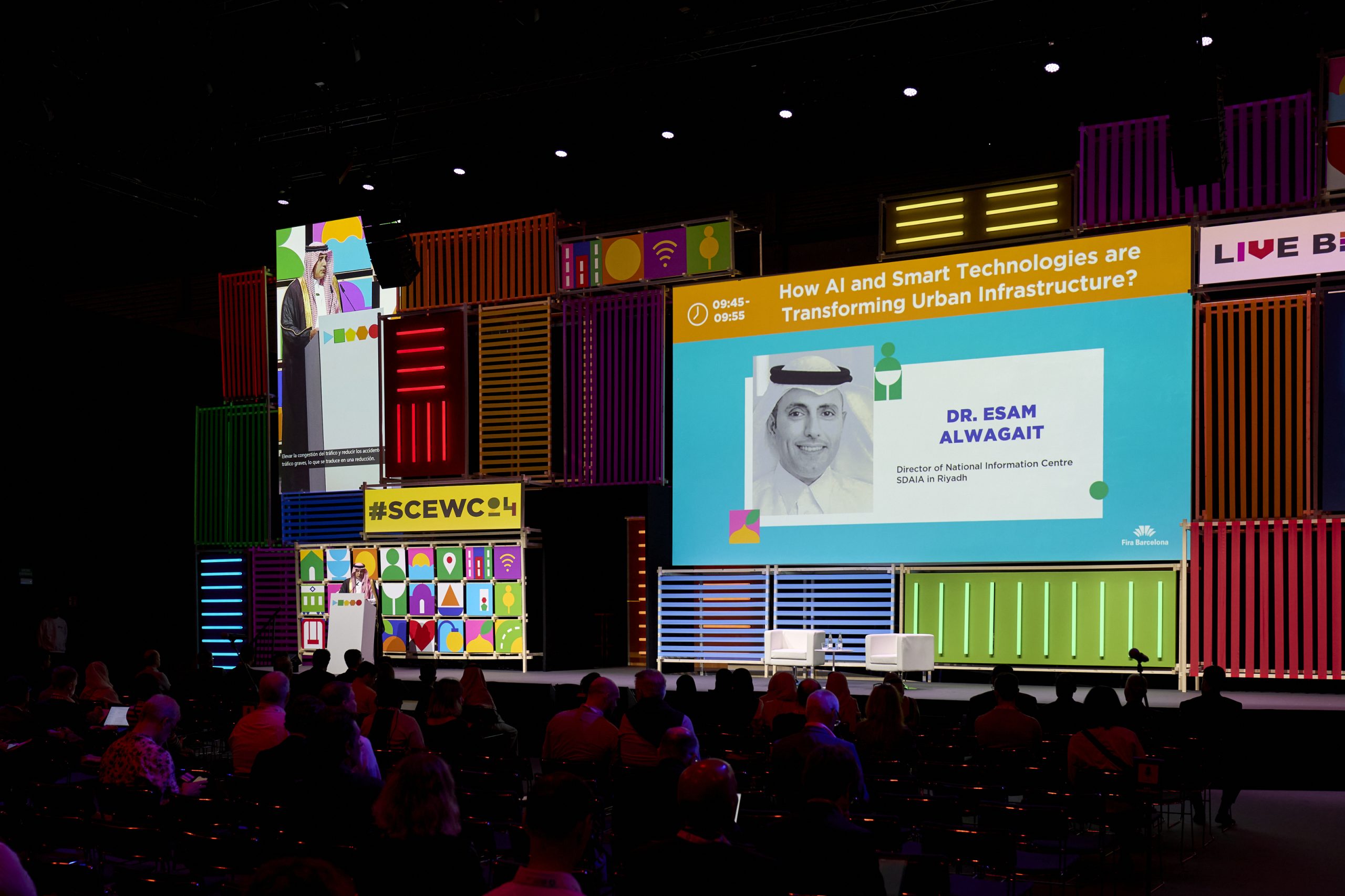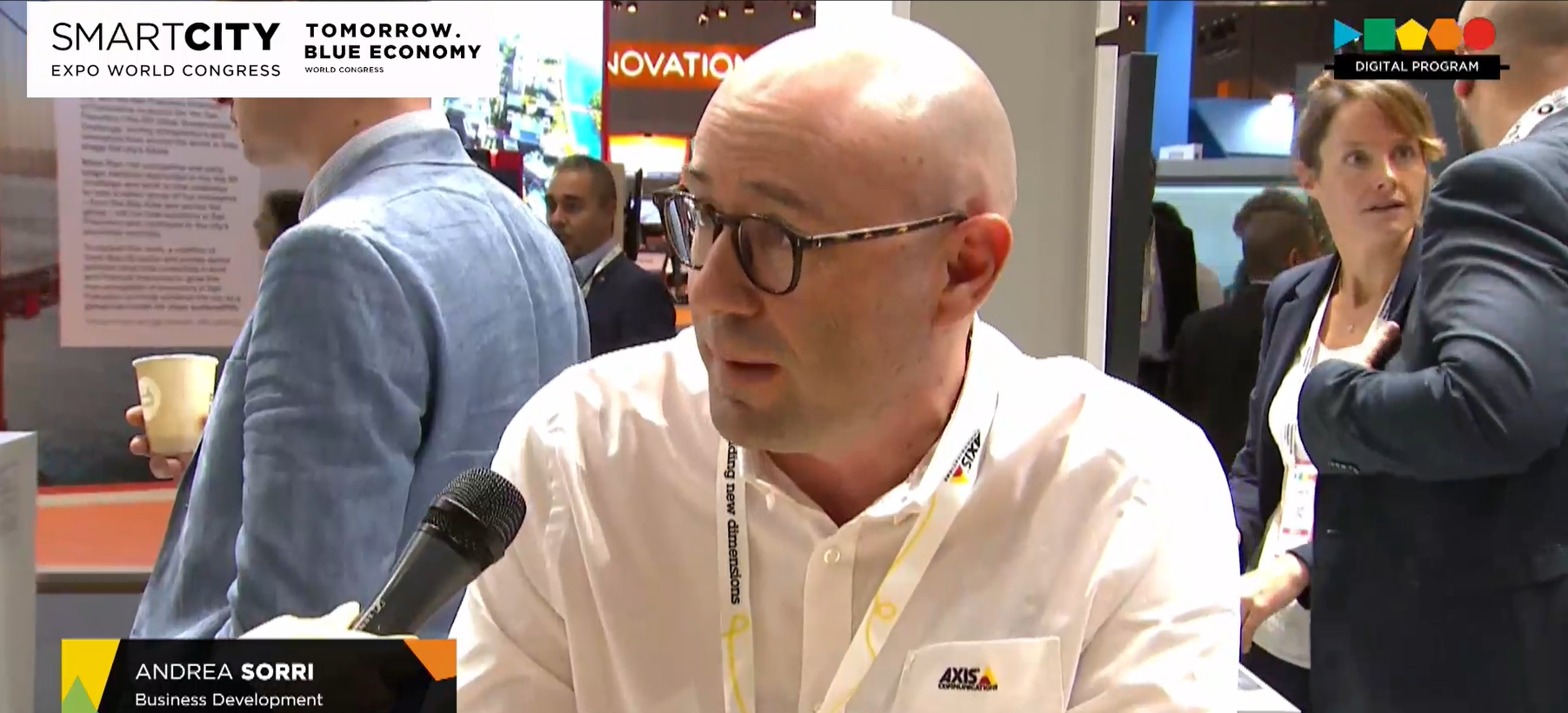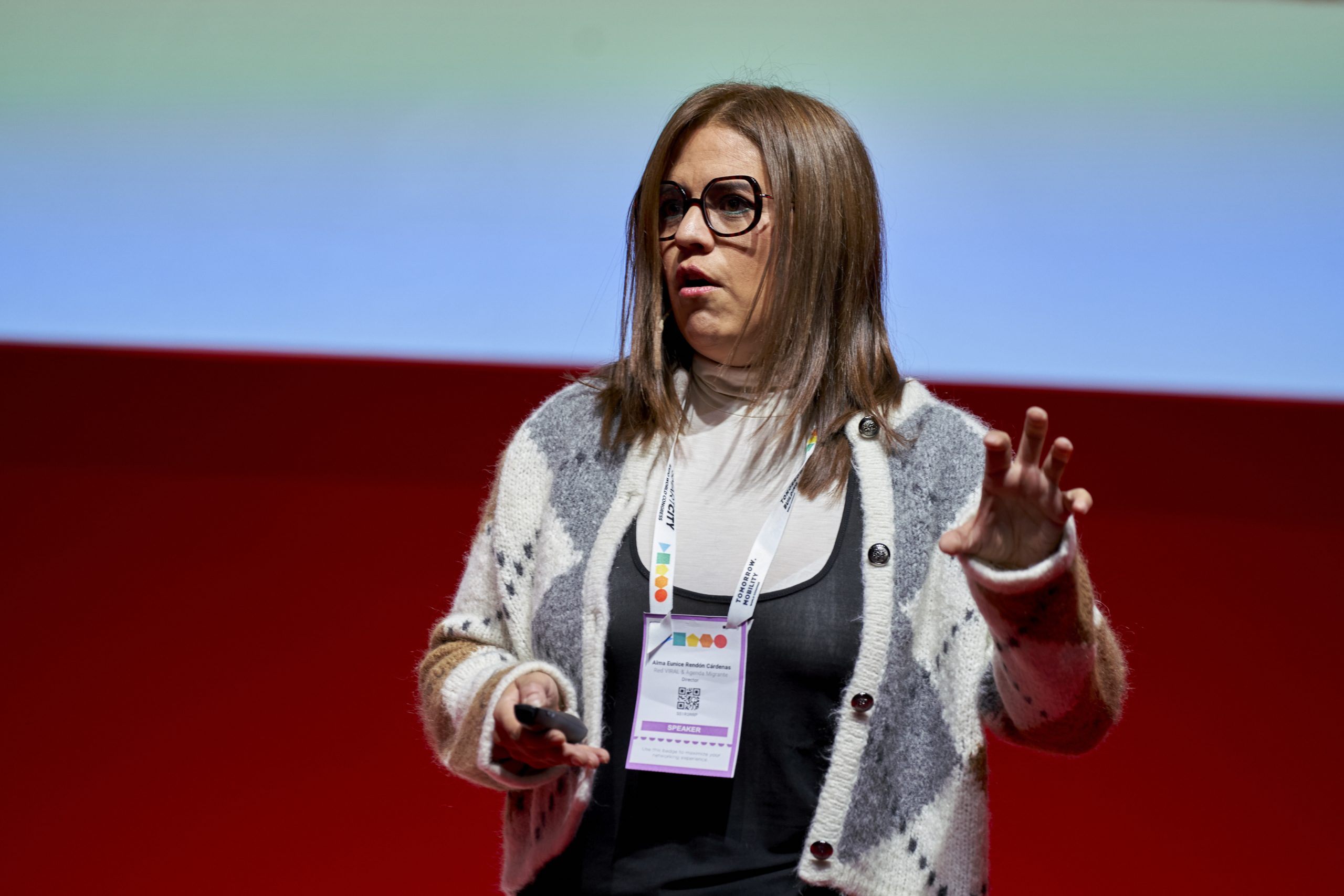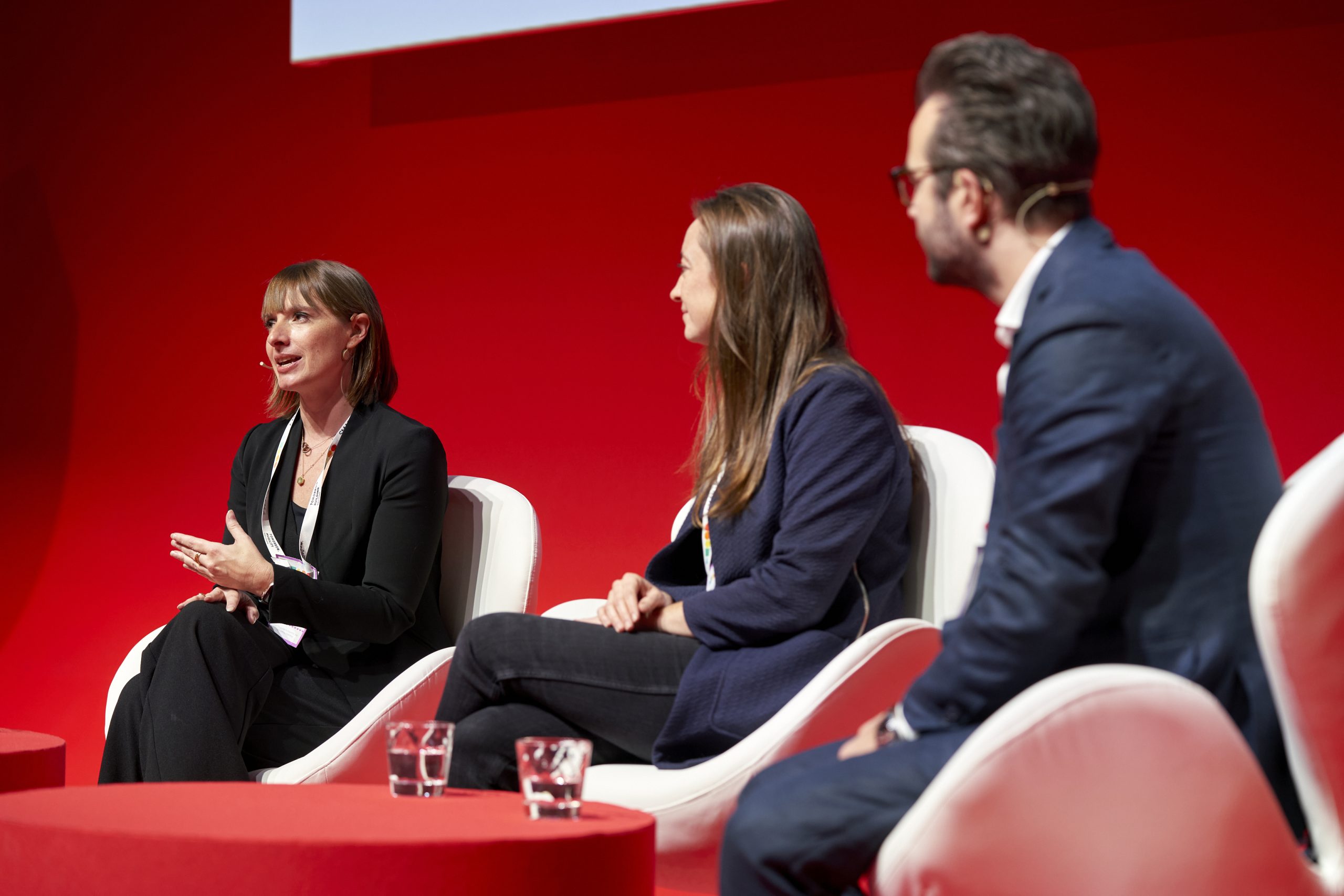This is a guest post by Loren Spíndola, a passionate and experienced professional in the fields of government relations, international affairs and trade promotion. She has worked in various organizations and sectors such as the International Trade Center in Geneva, the Ministry of Foreign Affairs, or the National Confederation of Industry, contributing to the development of policies and strategies that support the inclusive and sustainable economic growth of Brazil.

Picture generated with Copilot AI
The answer is simple: when it comes to a constant (and rapidly) evolving technology, premature regulation means limiting its development.
AI is in its early infancy. We are often surprised by new uses and applications, unimaginable a few months before. And with such evolution, questions naturally arise about its impact, risks, and responsible use, which must be initially addressed with guidelines and standards. As tempting as it may seem to answer these questions with strict and broad regulation, it will be premature and obsolete in a short period of time.
Returning to the allusion to child, we can compare the State – in its regulatory function – with parents, who guide and teach the limits to life in society, and only when children grow up, they are able to take on civilian responsibilities for their actions on their own. It then seems prudent, starting from this puerile allusion, to wait for the maturity of AI, until it will be better established, when it will be possible to better understand its implications, its impact on society, its risks; and we will have, thus, more elements to regulate its use effectively and fairly.
As in our education, parents first teach their children the values and principles, which will be the foundation for personality and character in the future. Without these guideliness we cannot expect certain basic behaviors in life in society, such as respect for others. The same can be said of a technology in training, powered by data, that learns from its mistakes, and that is subject to review for mitigation of potential risk to improve every day. Without ethics by design, we can’t talk about responsibility.
Regulatory challenges are common to many countries. Considering that AI is global and that our companies operate in multiple markets, it doesn’t seem insightful to distance Brazil from discussions with other countries and international organizations for the development of coherent regulation that considers the global factor and is effective for AI – in addition to inserting the country into the global value chain and attracting more investments.
Precisely because of the youth of AI, there is still no global consensus on how best to regulate the use of the technology. In this context, the National School of Public Administration (ENAP1) prepared a study in 2022 presenting a benchmarking on AI regulation in five countries: the United States, the United Kingdom, Japan, Australia, and the European Union. The conclusion of the researchers points to a link common to all countries: a national AI strategy designed with the aim of fostering the development of technology, while maturing, in an orchestrated way, its regulatory structure.

Picture generated with Copilot AI
Instead of limiting the advancement and development of AI in Brazil with a dense and premature regulation, it makes sense first to talk about principles and guidelines for the responsible development of the technology, based on our legal framework and the Brazilian Artificial Intelligence Strategy, while the possible impacts are better understood, both by society and by companies.
Several countries are debating how and when to regulate AI, while public policies to support development and research, capacity building and innovation are implemented. Being the first country to regulate AI, without looking at these other fronts, could end up hampering our ability to grow, to develop economically and to attract investments for the development of technology in Brazil.
For the sake of truth, we should be running to be the first country on the list of those who invest in training, research, development, and innovation; with a long-term look at the opportunities that technology has to offer to society and thus position Brazil among the best countries to live and do business. This is a race that is worth winning.
[1] Available in: ENAP Institutional Repository: Regulation of Artificial Intelligence: benchmarking of selected countries





















































